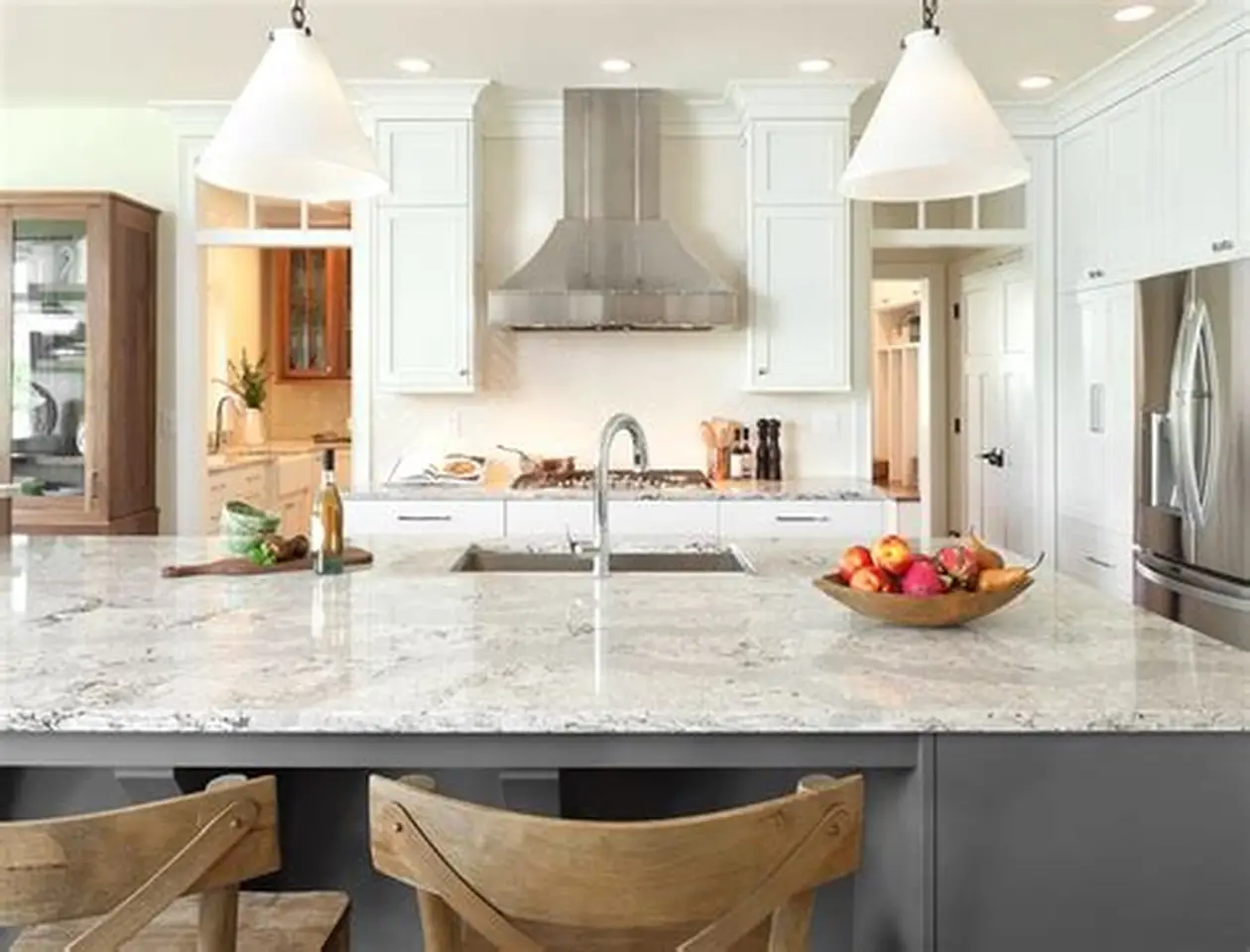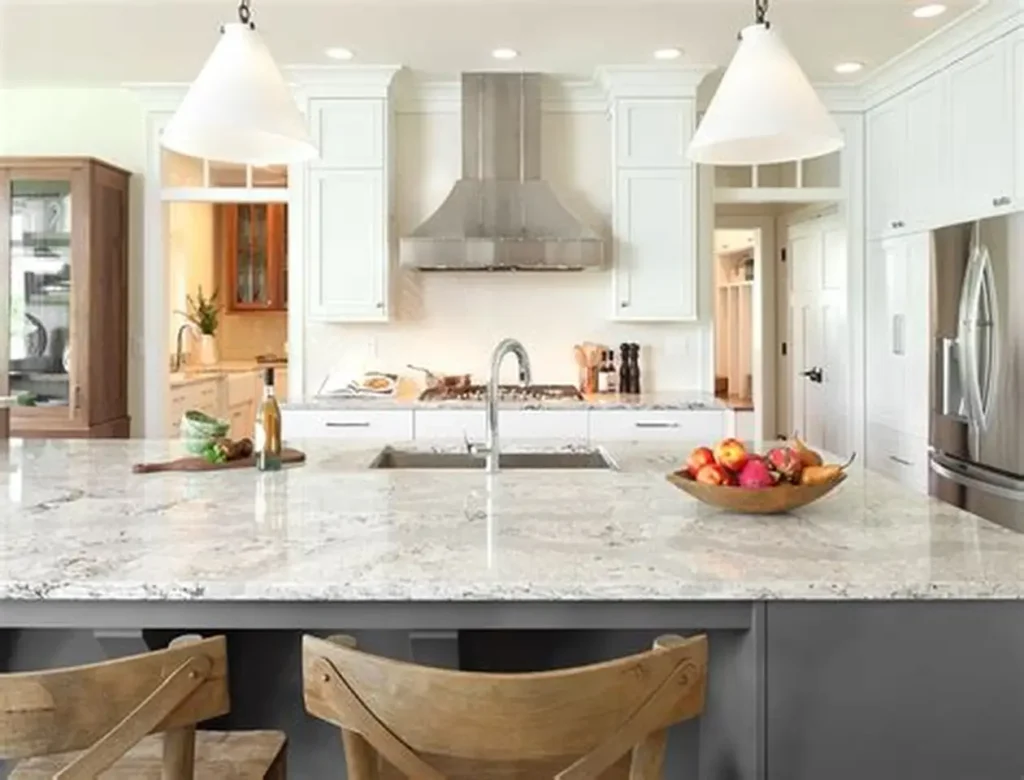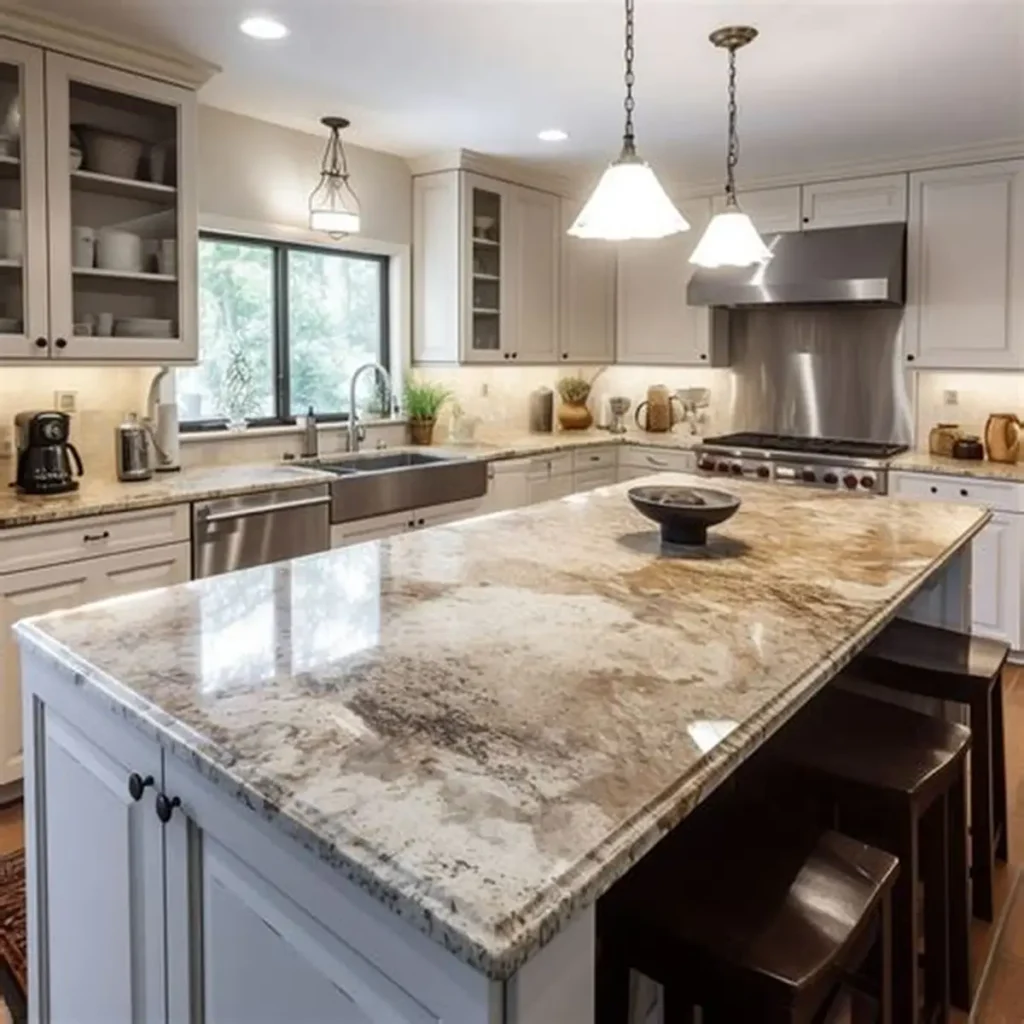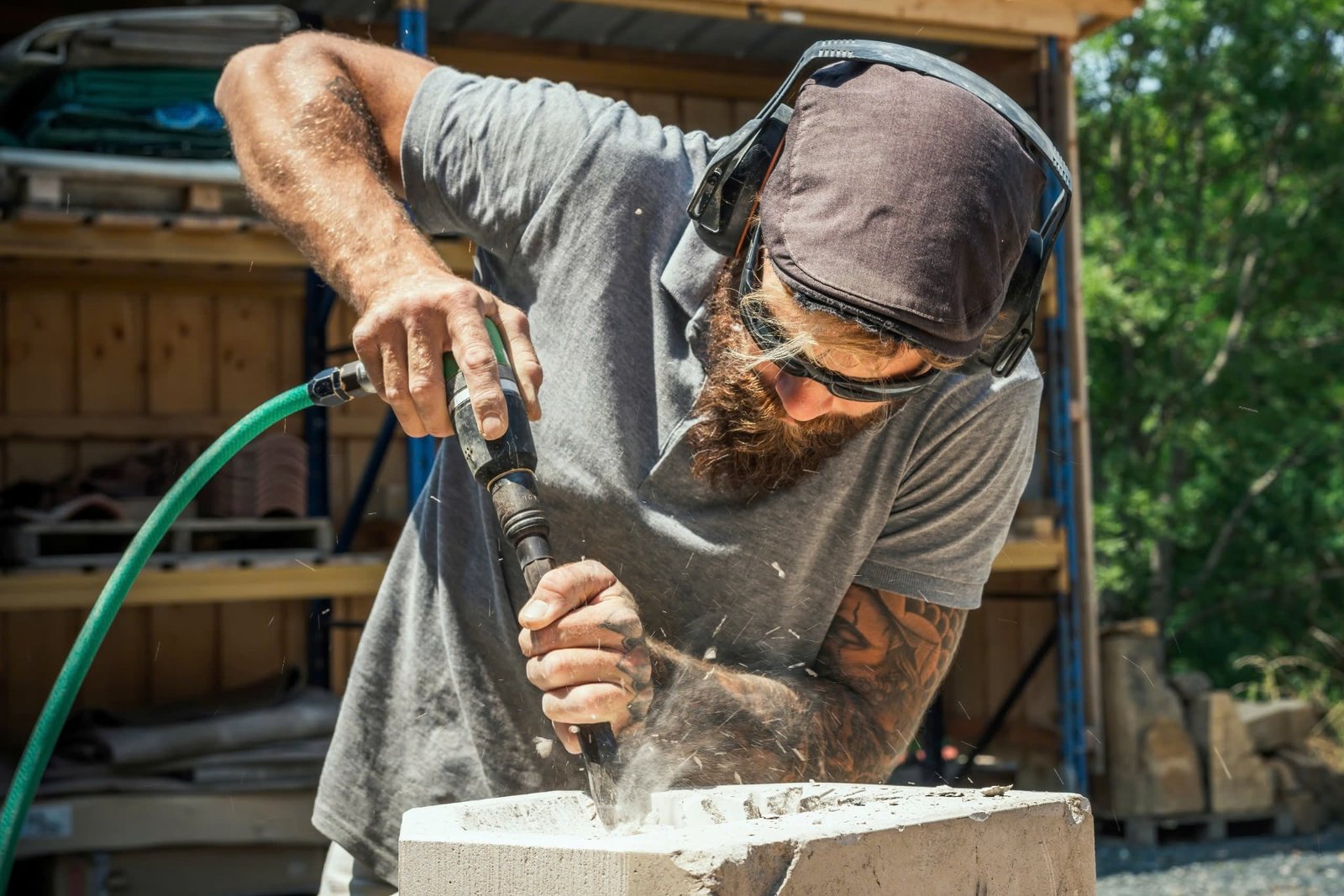
Granite countertops are one of the most popular choices for homeowners and designers thanks to their natural beauty, durability, and timeless appeal
Granite countertops are one of the most popular choices for homeowners and designers thanks to their natural beauty, durability, and timeless appeal. Whether you have black granite countertops in your kitchen or white granite countertops in your bathroom, proper care—especially regular sealing—is critical for preserving their appearance and longevity.
In this guide, we’ll answer the common question: How often do you have to seal granite countertops? We’ll cover different granite types, usage levels, and give actionable sealing schedules so you can protect your stone investment.

Why Sealing Granite Countertops Is Essential
Granite is a porous natural stone, which means it can absorb liquids, oils, and bacteria if left unsealed. This makes sealing crucial for protecting granite kitchen countertops, granite bathroom countertops, and granite countertops for outdoor kitchens.
Even if you have polished granite countertops, which are less absorbent than honed granite countertops, sealing is still necessary to protect against:
- Stains from food, wine, or oils
- Water damage and etching
- Mold and mildew buildup

How Often Should You Seal Granite Countertops?
The frequency of sealing depends on a few key factors:
1. Type and Color of Granite
- Light-colored granite (e.g., white or beige): Seal every 6–12 months. These varieties are often more porous.
- Dark-colored granite (e.g., black or blue pearl): Seal every 2–3 years. These stones are denser and less prone to staining.
2. Surface Finish
- Honed granite countertops (matte finish): Seal more frequently as the finish exposes more pores.
- Polished granite countertops (shiny finish): Seal less often due to a smoother surface that resists moisture better.
3. Usage Level
- High-traffic areas like granite kitchen countertops: Seal once a year or more.
- Low-use areas like guest bathroom counters: Every 2–3 years may be sufficient.
Signs Your Granite Needs to Be Resealed
Even if you’re unsure when your countertop was last sealed, these signs indicate it’s time to reseal:
- Water no longer beads on the surface
- Dark spots appear from water or oil exposure
- Surface looks dull or absorbs moisture quickly
- Increased staining or hard-to-remove spots
How to Perform the Water Test
This simple DIY test will tell you if your granite needs sealing:
- Pour a few drops of water on the granite surface.
- Wait for 10–15 minutes.
- If the water darkens the stone or absorbs, it’s time to reseal.
Recommended Granite Sealing Schedule by Location
| Location | Sealing Frequency |
|---|---|
| Granite Kitchen Countertops | Every 12 months |
| Granite Bathroom Countertops | Every 2 years |
| Outdoor Granite Countertops | Every 6–12 months (due to UV/rain exposure) |
| High-traffic Commercial Granite | Every 6–9 months |
| Low-use Granite Surfaces | Every 2–3 years |
Best Granite Types and Their Sealing Needs
Some granite types are more porous than others:
- White granite countertops – high porosity: seal annually
- Black granite countertops – low porosity: seal every 2–3 years
- Brown granite countertops – moderate porosity: seal every 12–18 months
- Blue pearl granite countertops – very dense: seal every 3 years
Tips to Extend the Life of Your Granite Seal
To reduce how often you seal:
- Use trivets and coasters to prevent heat and liquid damage.
- Clean spills immediately.
- Use only granite-safe cleaners.
- Avoid bleach, vinegar, and acidic substances.
Is It Time for New Granite? Explore Options
Whether you’re shopping for granite slabs for countertops, custom granite countertops, or affordable granite countertops for modern kitchens, maintaining your existing investment is just as important as choosing the right one.
- Top-rated granite countertop installers near me
- Granite countertop showroom [location]
- Wholesale granite countertops suppliers
Granite vs Quartz Countertops: Do Quartz Need Sealing?
Unlike granite, quartz countertops are engineered and non-porous, meaning they do not require sealing.
Explore more quartz content here:
Conclusion: Stay Ahead with Regular Granite Sealing
To preserve the look and value of your granite countertops, sealing regularly is a must. Whether your counters are light, dark, indoor, or outdoor, following a simple maintenance schedule can extend their life and prevent costly repairs.
Use the water test annually and stay proactive. When in doubt, consult with local granite fabricators or installation services to get expert help.
✅ Ready to take the next step? Find out how to seal granite countertops

